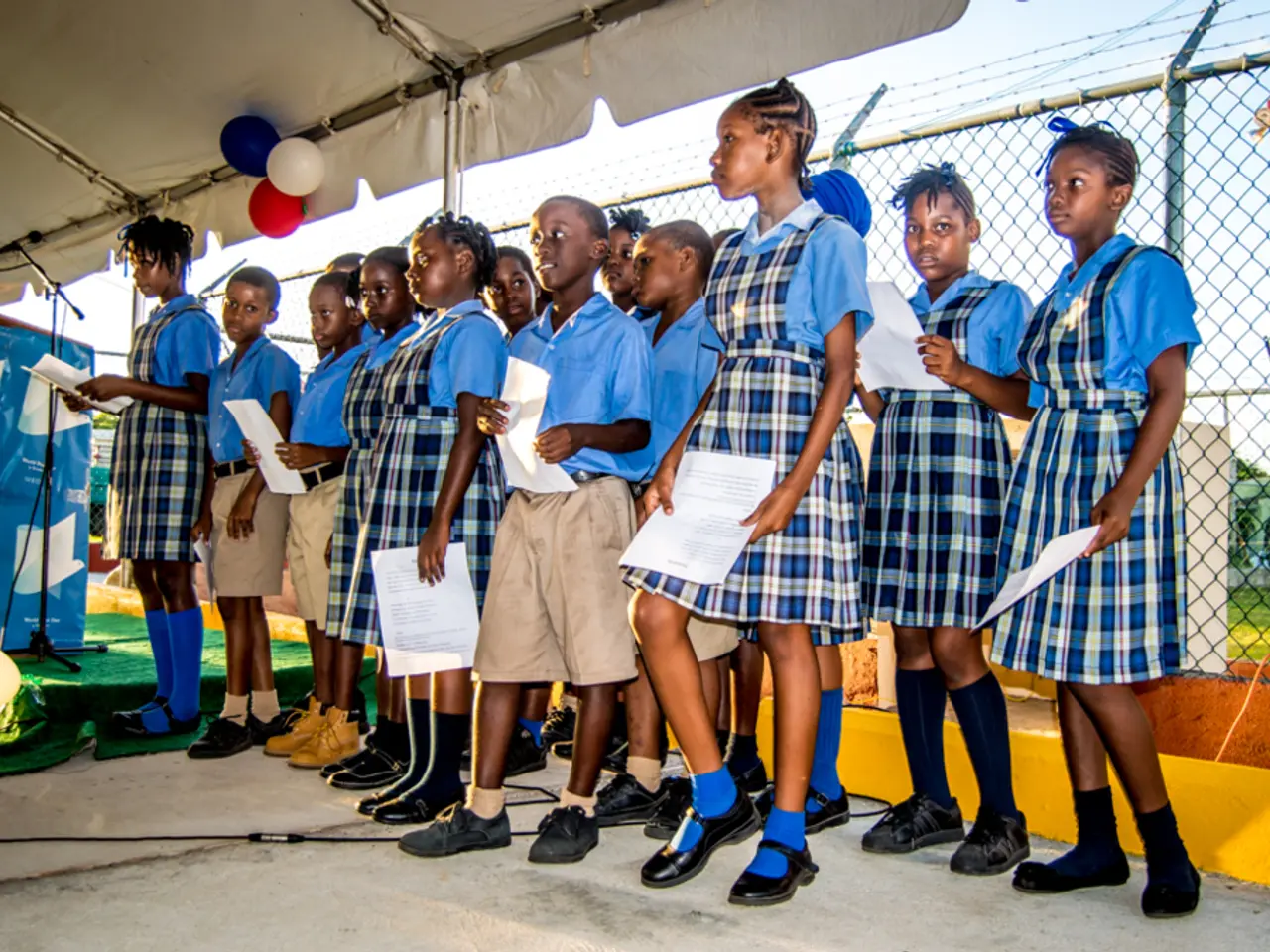Voices of dissent emerge over proposed education budget cuts
In a recent statement, Senator Kamol, the chairman of the Senate committee on Education, Higher Education, Science, Research and Innovation, has called for a reconsideration of the current level of educational assistance extended to Cambodian students in Thailand. However, this proposal has sparked controversy, with Senator Angkhana, a human rights advocate and former national human rights commissioner, criticizing the move.
At the heart of the debate is the question of access to education for undocumented migrant children. International laws and human rights principles affirm that undocumented migrant children have the right to access education regardless of their immigration status, even amid geopolitical disputes and cross-border tensions.
This principle is grounded in several key international frameworks and human rights instruments. Prominent among these is the Convention on the Rights of the Child (CRC), which explicitly requires states to ensure access to education for every child without discrimination, including children who are migrants or undocumented. The CRC guarantees the right to education, and Article 22 emphasizes special protection and assistance to refugee and migrant children to ensure their access to education.
The International Covenant on Economic, Social and Cultural Rights (ICESCR) further supports this right under Article 13, which recognizes education as a fundamental right and calls for its availability without discrimination.
International human rights bodies and educational guidelines stress that these rights hold true even in complex geopolitical contexts such as disputed borders or cross-border migration, where state sovereignty concerns can otherwise impede inclusive access. The principle of non-discrimination is central, ensuring that undocumented status cannot be a barrier to schooling.
In practice, various countries have implemented policies to allow undocumented children access to public education, recognizing the importance of integrating these children for their wellbeing and social cohesion. For example, U.S. federal and some state policies require public schools to admit all children regardless of immigration status and to support them in educational integration. Importantly, community engagement and support structures (like language assistance and transcript recognition) are recommended to facilitate effective educational access for newcomers.
The proposal in Thailand, if implemented, would limit educational assistance to children with legal immigration status in the country, with a focus on the recent tensions between Thailand and Cambodia. Senator Kamol maintains that the proposal is not about abandoning humanitarian principles, but aligning them with national interests and security.
However, Senator Angkhana argues that denying access to education based on nationality or immigration status is a violation of the UN Convention on the Rights of the Child and International Humanitarian Law. She emphasizes that humanitarian obligations go beyond borders and that refugee or migrant children deserve full protection and access to education, regardless of their nationality or legal status.
This debate highlights the importance of upholding international human rights law, particularly in times of geopolitical tension. Education is not just a fundamental right, but a powerful tool for protecting migrant children from exploitation and marginalization, and for promoting social cohesion and stability.
Based on the geopolitical context, the debate about educational assistance in Thailand for Cambodian students raises questions related to general-news and politics, considering the tension between Thailand and Cambodia. The human rights principle of access to education for undocumented children, as outlined in international laws and conventions like the CRC and ICESCR, is at the center of this dispute. Senator Angkhana argues that limiting access based on nationality or immigration status would be a violation of these human rights agreements.






